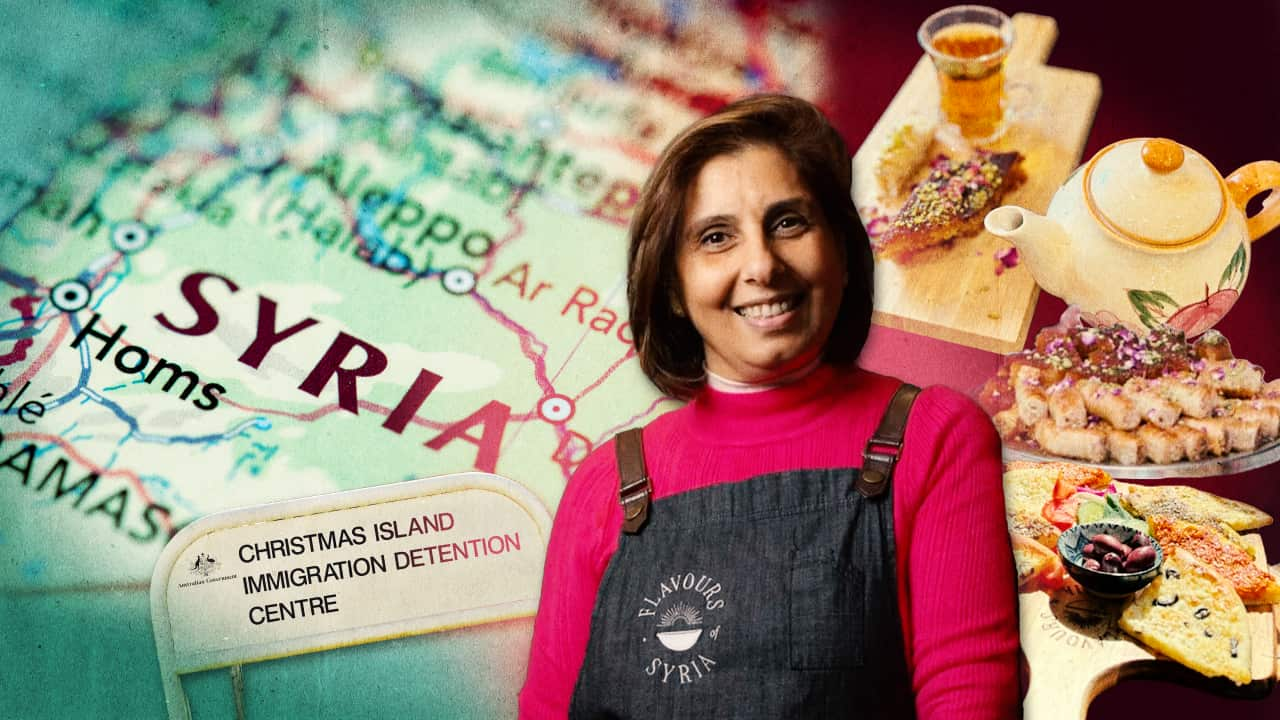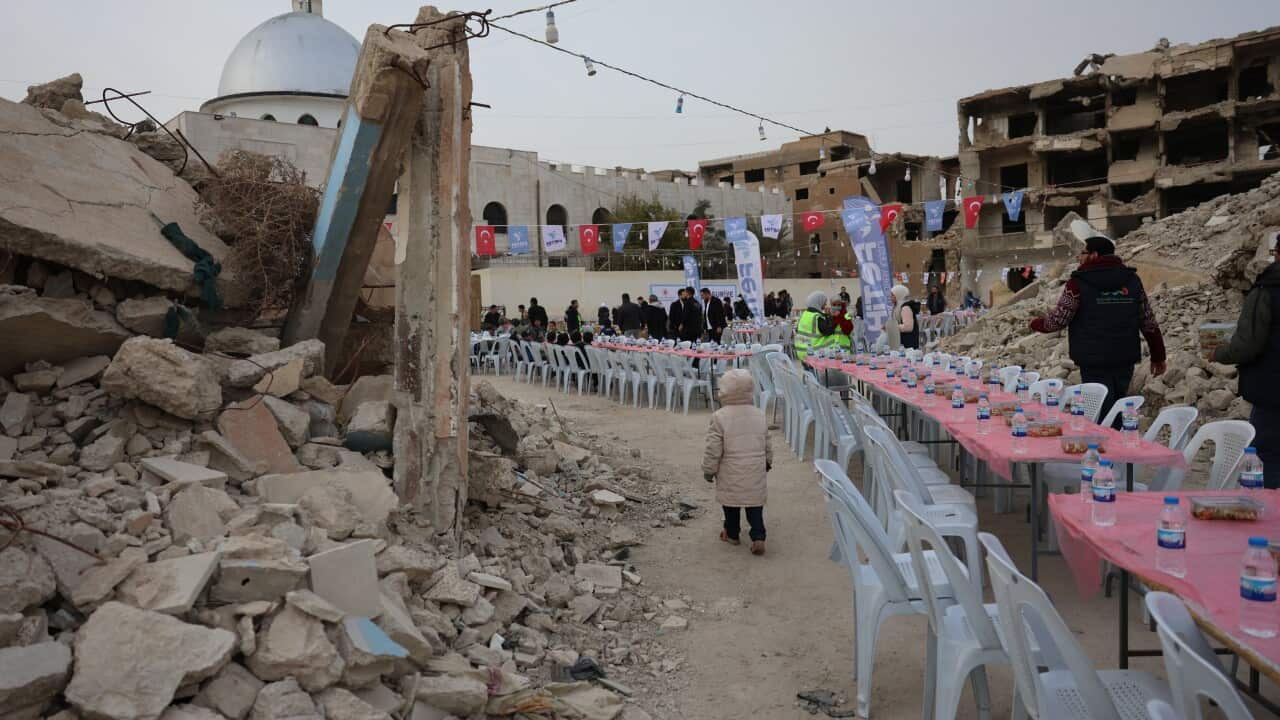‘The Lost Arabs’ was announced as the winner of the award’s poetry category on December 10, a work described by the judges as "vital, energy-driven...with a clear and fearless voice”.
Western Sydney poet Omar Sakr's second collection explores the connections between his identity as an Arab-Australian and the stereotypes placed on Arabs around the world.
It delves into different themes, including the experiences of the Palestinians, accusations of US drone bombing, and less impassioned poems about his family members. Speaking to SBS Arabic24, Sakr says he wrote the poems over a period of a few years and was inspired to continue honing his skills following a meeting with renowned Palestinian poet and friend Najwan Darwish, who described him as “one of the millions of lost Arab people” who grew up outside the motherland and disconnected from their language and culture.
Speaking to SBS Arabic24, Sakr says he wrote the poems over a period of a few years and was inspired to continue honing his skills following a meeting with renowned Palestinian poet and friend Najwan Darwish, who described him as “one of the millions of lost Arab people” who grew up outside the motherland and disconnected from their language and culture.

Omar Sakr is a poet from Western Sydney. Source: Omar Sakr
“I went away from that meeting and thought a great deal about what it means to be an Arab and I wanted to push back against the idea that I am lost and just explore these notions of belonging to a certain place or a certain people,” says Sakr, who is of a Lebanese-Turkish background.
“I found it very generative, creatively.”
The young poet says he could not sleep for many nights before the award announcement, which came with a prize of $80,000.
“I was really stressing, it is an enormous amount of money, it is the biggest poetry prize in the country, and it's really going to change my life,” he says, recalling that he took to Twitter on the days prior to the announcement to voice his angst.
“I was reflecting in those tweets on what it meant for me to be even at the award ceremony, sitting at a table amongst many other people who aren't in the same economic position as I am, nor as my family is. We grew up in Western Sydney, and without very much in the way of money.”
He said the prize money will go towards placing a down payment on a house for his family.
“My mum doesn't have a home of her own, she is renting, like my brother, like me. So we're all living paycheck to paycheck and I just worry about my mother a great deal, so this prize will enable me to get a loan and buy a house.
“And then I'll just have the security that so many people that I know don't have, but also many more do.”
Sakr says while the recognition for his creative work is extremely heart-warming and invaluable, he intends to allocate some of the funds to acquire a hearing aid.
“I need a hearing aid and hearing aids are pretty expensive. So that's something that I've been putting off and really looking into for a while now.
“There's just a number of things healthwise that is within reach now, that weren't within reach before and of course, aside from that it is just really great to get this kind of recognition from the judges of the prize.” When his name was announced, Sakr took the opportunity on-stage to reflect on his cultural heritage.
When his name was announced, Sakr took the opportunity on-stage to reflect on his cultural heritage.

الشاعر الذي يتحدر من أصول لبنانية تحدث عن تأثير الجائزة الأغلى في البلاد والتي تبلغ قيمتها 80 ألف دولار، على حياته وحياة أسرته Source: Omar Sakr
“It was amazing, obviously, it is hard to put it into words. I knew I wanted to get up there and not waste the opportunity.
“I had to speak truth to power. And that's why when I got up, I didn't speak indulgently about my feelings at the moment. I said, four years ago Peter Dutton said that it was a mistake to have ever allowed Lebanese migrants into this country, migrants which include my family, and that gave me extra satisfaction to be there in Canberra receiving this award despite his comments and despite the racism that is so prevalent in this country.”
Sakr previously announced he is bisexual. He says his life has not been easy and he's had to overcome a number of challenges, which has made him very forgiving to other people’s issues.
“I think the thing that I want to emphasise, having gone through a great deal in my life, isn't that it has made me a more resilient person. I think resilience is a word that you hear a lot, particularly if you're coming from a disadvantaged place.
“It's not resilience I want to emphasise on at this moment, I think the word that comes to mind, and that I have been thinking about a great deal recently, is forgiveness.
“I suffered a great deal and for some reason, I don't know if it is connected, but I think it is, I believe my capacity for forgiveness has grown.”





